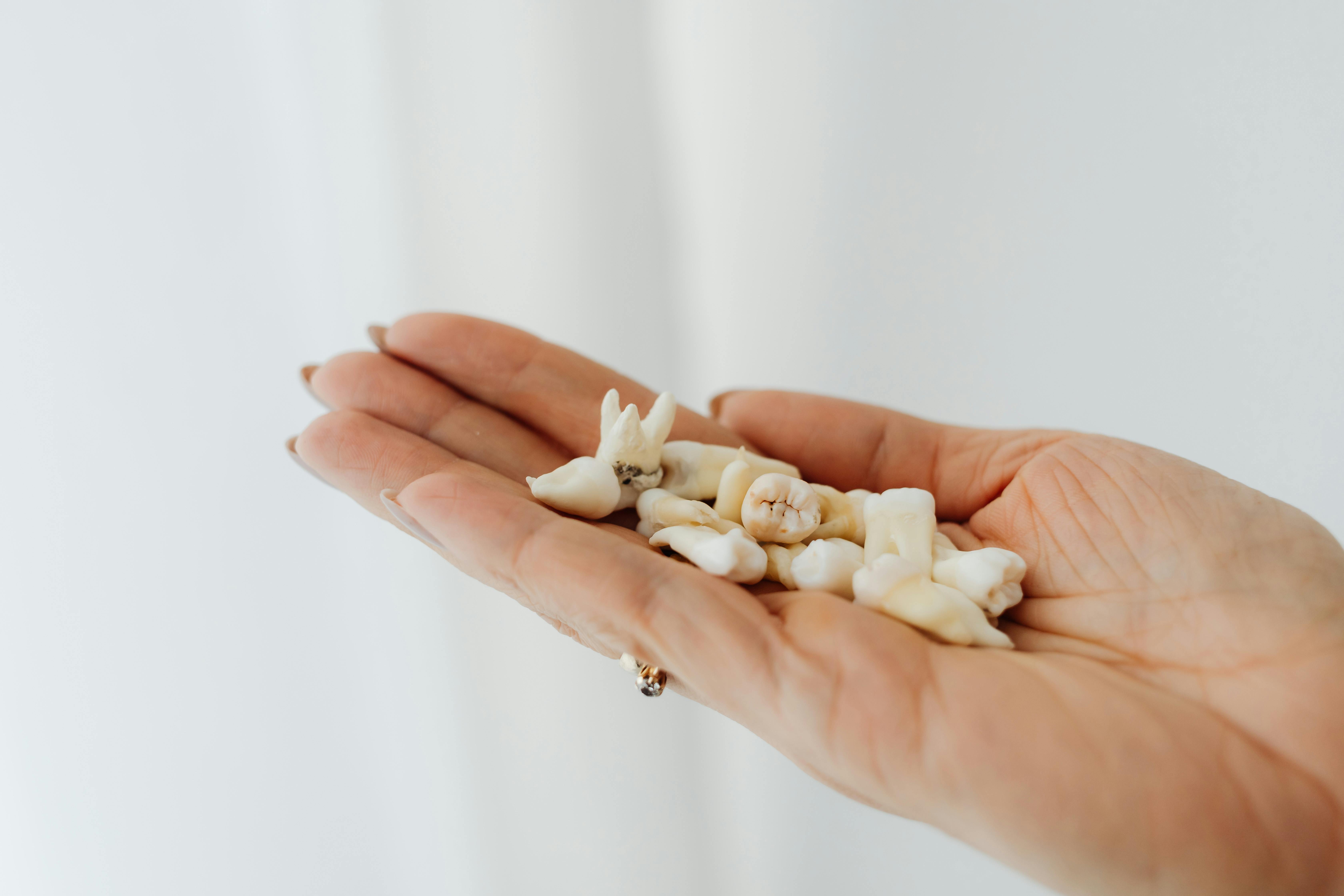Why Baby Teeth Matter: The Importance of Early Dental Care
Why Baby Teeth Matter: The Importance of Early Dental Care
They may be small, and they may fall out—but baby teeth are anything but temporary in their importance. Many parents assume that because primary teeth (also called milk teeth) will eventually be replaced by permanent ones, they don’t require much attention. But in reality, early dental care is critical—not just for the health of those first little teeth, but for the development of your child’s entire smile.
At Gargi’s Dental Care, Kolkata, we’re passionate about helping families understand the vital role baby teeth play. Here’s why taking care of them from day one sets your child up for a lifetime of oral health.
What Are Baby Teeth, and When Do They Appear?
Baby teeth usually begin to emerge between 6 to 10 months of age, and most children have a full set of 20 primary teeth by age 3. These teeth help your child chew, speak, and smile—and they’re also holding space for the permanent teeth developing underneath.
Even before the first tooth appears, your baby’s mouth is laying the foundation for future health. That’s why it’s never too early to start building good oral hygiene habits.
Why Baby Teeth Matter More Than You Think
They help with nutrition. Healthy teeth allow your child to chew food properly, which is essential for growth and development.
They support speech development. Teeth help your child form words clearly. Missing or decayed teeth can interfere with proper pronunciation.
They guide permanent teeth into place. Baby teeth act as natural space-holders for adult teeth. If a primary tooth falls out too early (due to decay or injury), the surrounding teeth may shift, leading to crowding or alignment issues.
They impact confidence. A healthy, pain-free smile helps children feel comfortable and confident, especially in social settings like school.
They prevent infections. Untreated cavities in baby teeth can lead to painful infections that may spread to other parts of the body or affect the developing adult tooth beneath.
The Most Common Threat: Early Childhood Cavities
Cavities in baby teeth are more common than many parents think. Known as early childhood caries (ECC), these cavities can develop quickly—especially if a child frequently consumes sweetened drinks or snacks, falls asleep with a bottle, or isn’t brushing regularly.
Early decay can lead to pain, difficulty eating, sleep disruptions, and costly dental procedures. But the good news is: ECC is completely preventable with early intervention and routine care.
When Should Your Child See a Dentist?
We recommend that your child visit the dentist by their first birthday or within 6 months of the first tooth erupting. These early visits help:
- Track tooth and jaw development
- Spot potential issues early
- Get tips on brushing, teething, and diet
- Build positive dental habits and reduce fear
At Gargi’s Dental Care, our pediatric-friendly team makes these visits comfortable, playful, and educational—for both parent and child.
How to Take Care of Baby Teeth at Home
Even before the first tooth appears, clean your baby’s gums with a soft, damp cloth after feedings.
Once teeth appear, brush gently twice a day with a baby-sized toothbrush and a rice-grain-sized amount of fluoride toothpaste.
Avoid sugary snacks and drinks, especially before naps and bedtime.
Never let your child fall asleep with a bottle of milk, formula, or juice.
Encourage drinking from a cup by 12 months to reduce prolonged bottle use.
Make brushing a fun, positive part of their daily routine—songs, timers, and colourful brushes can help.
A Lifetime of Healthy Smiles Starts Early
The habits you form now will echo into your child’s future dental health. By taking care of baby teeth, you’re setting the stage for proper jaw development, well-aligned permanent teeth, and a lifelong healthy relationship with dental care.
Book your child’s first dental visit at Gargi’s Dental Care, Kolkata—where small smiles get big attention. Our gentle approach and preventive care philosophy ensure your little one feels safe, supported, and cavity-free.


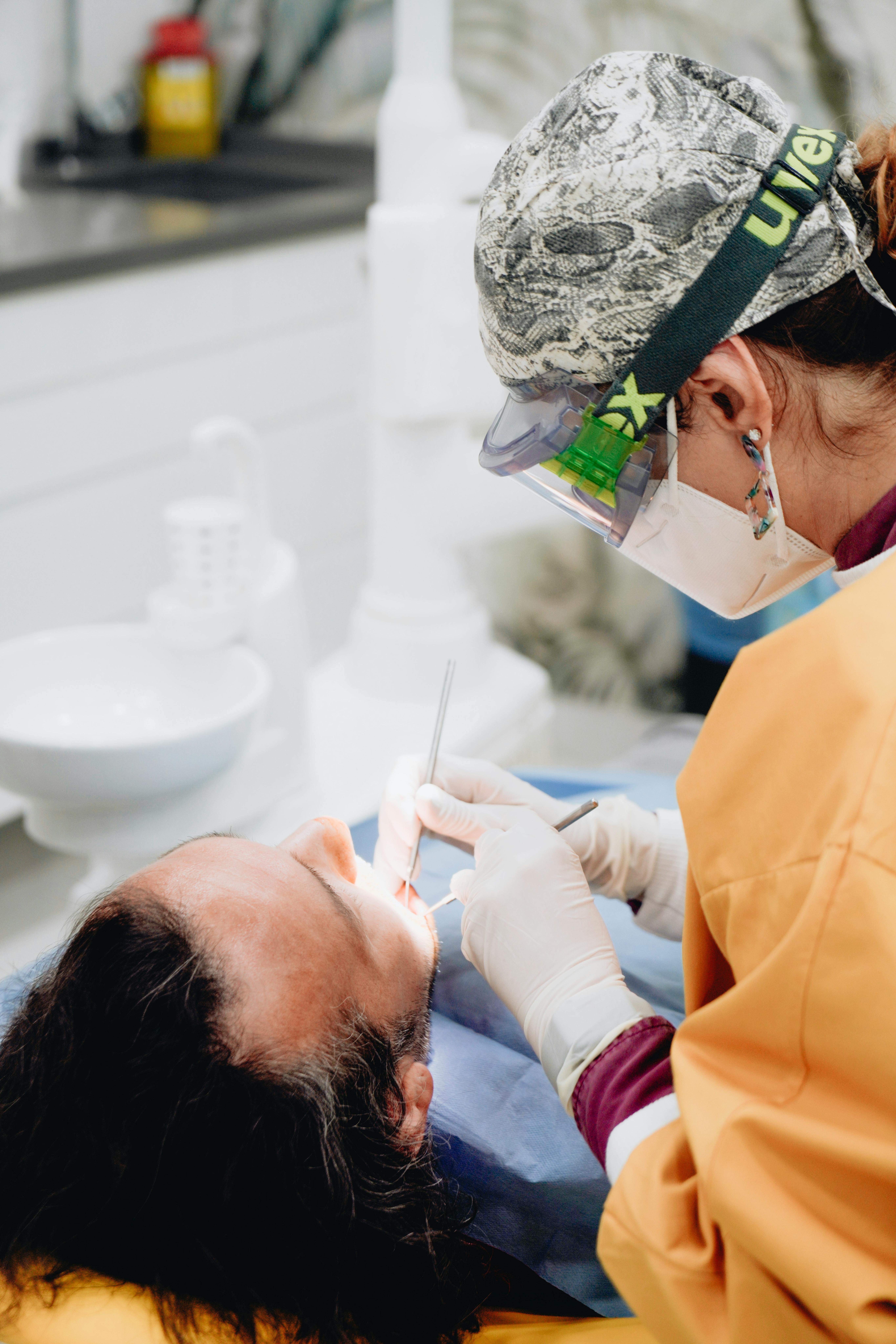
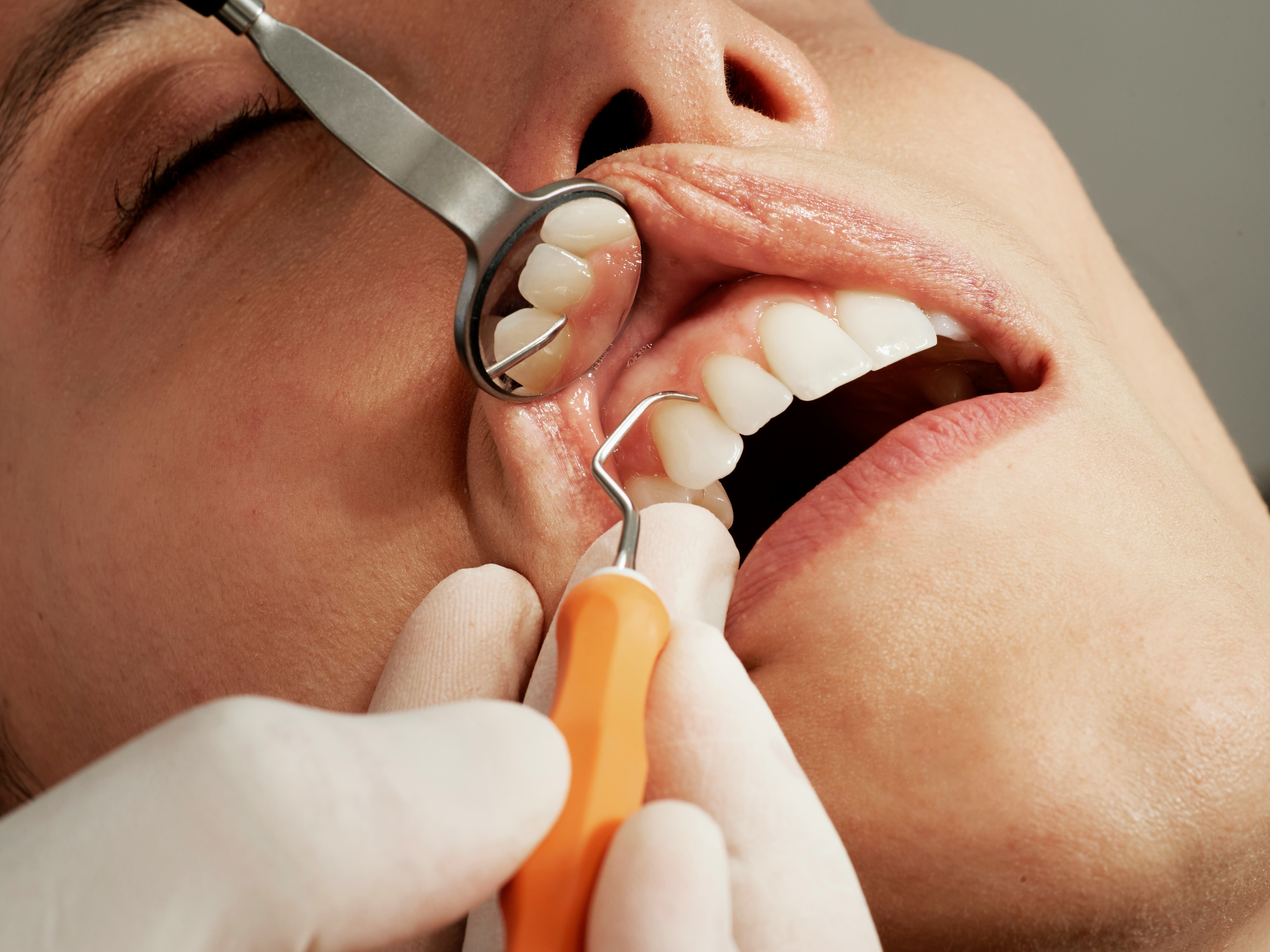
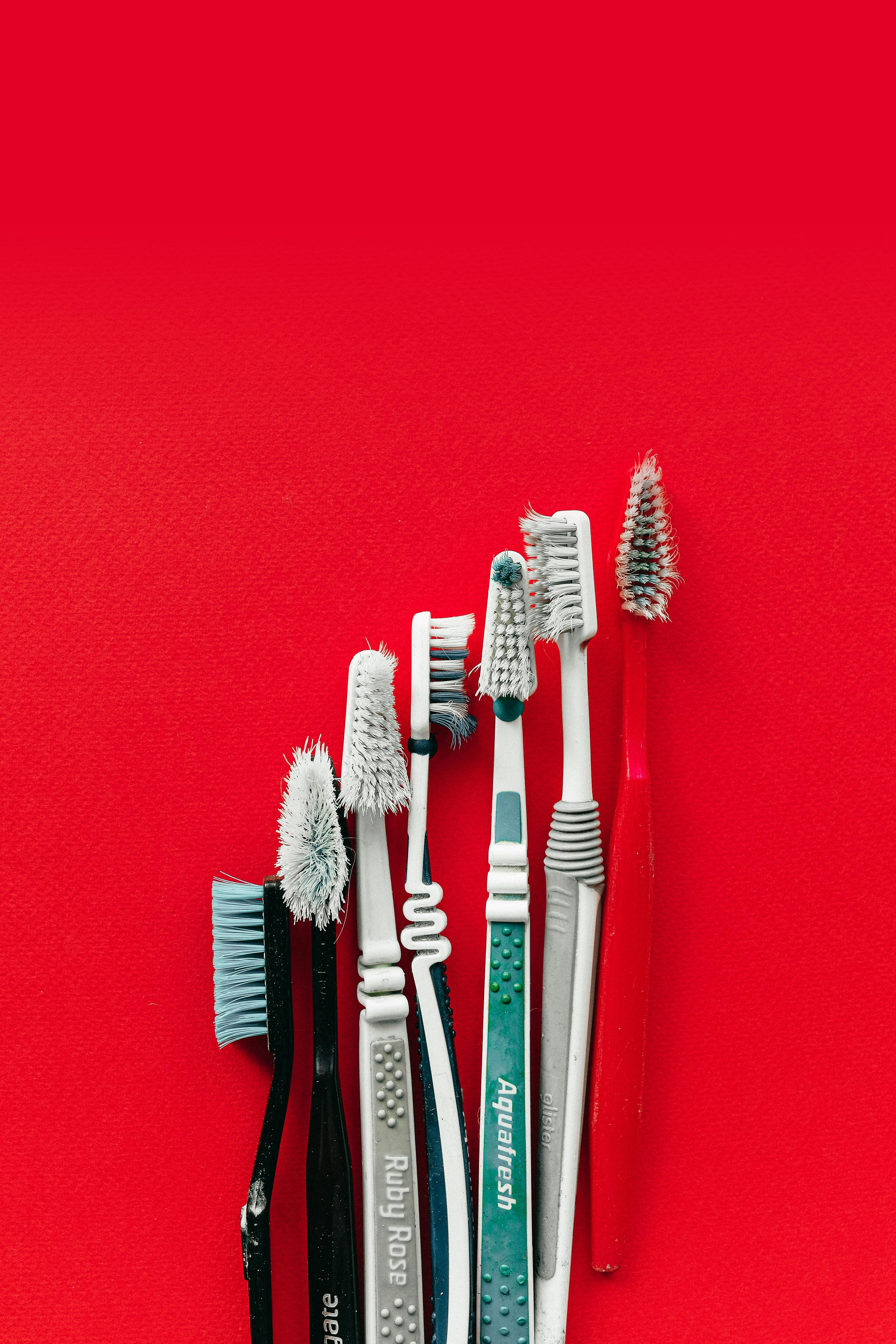

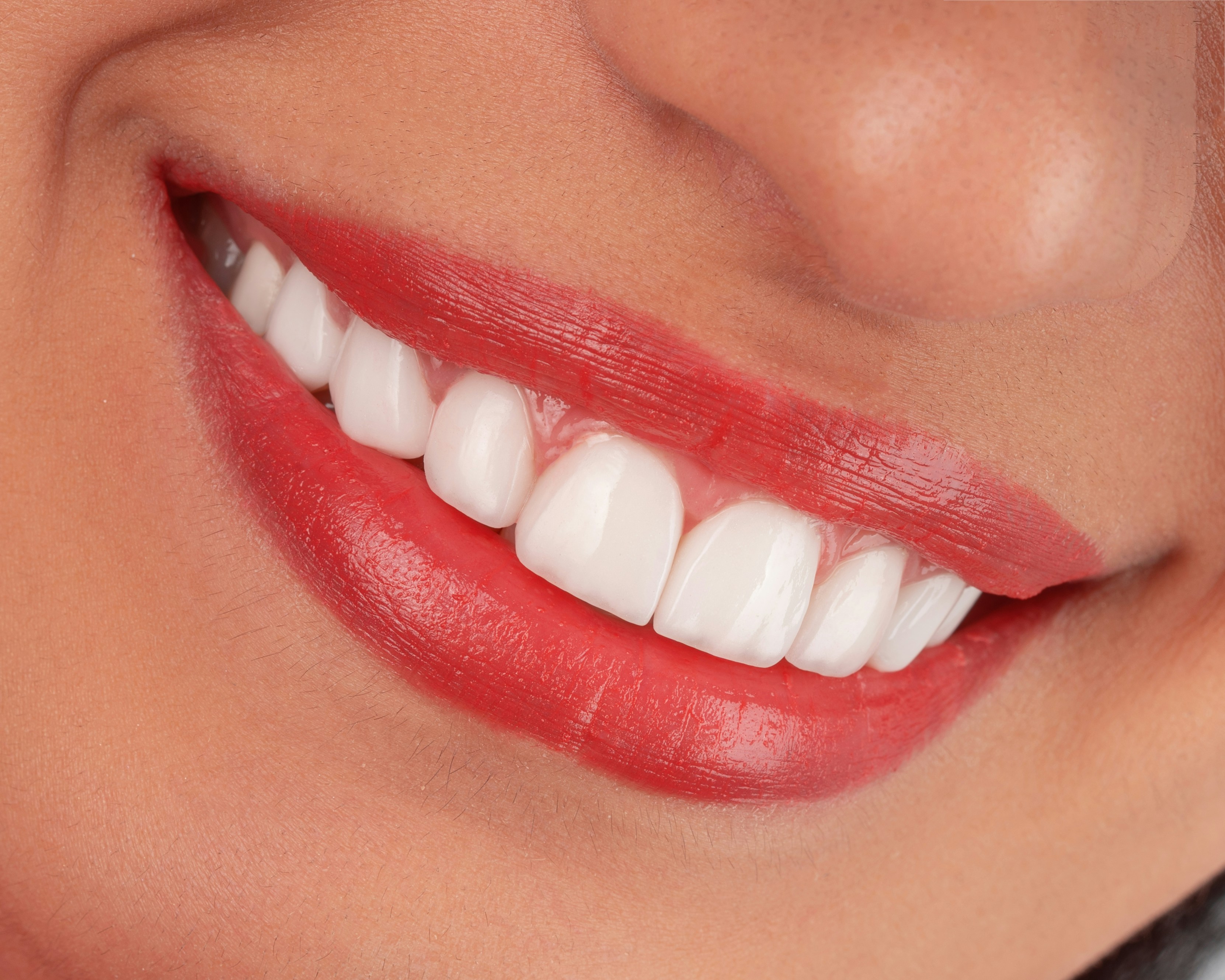
.jpg)
